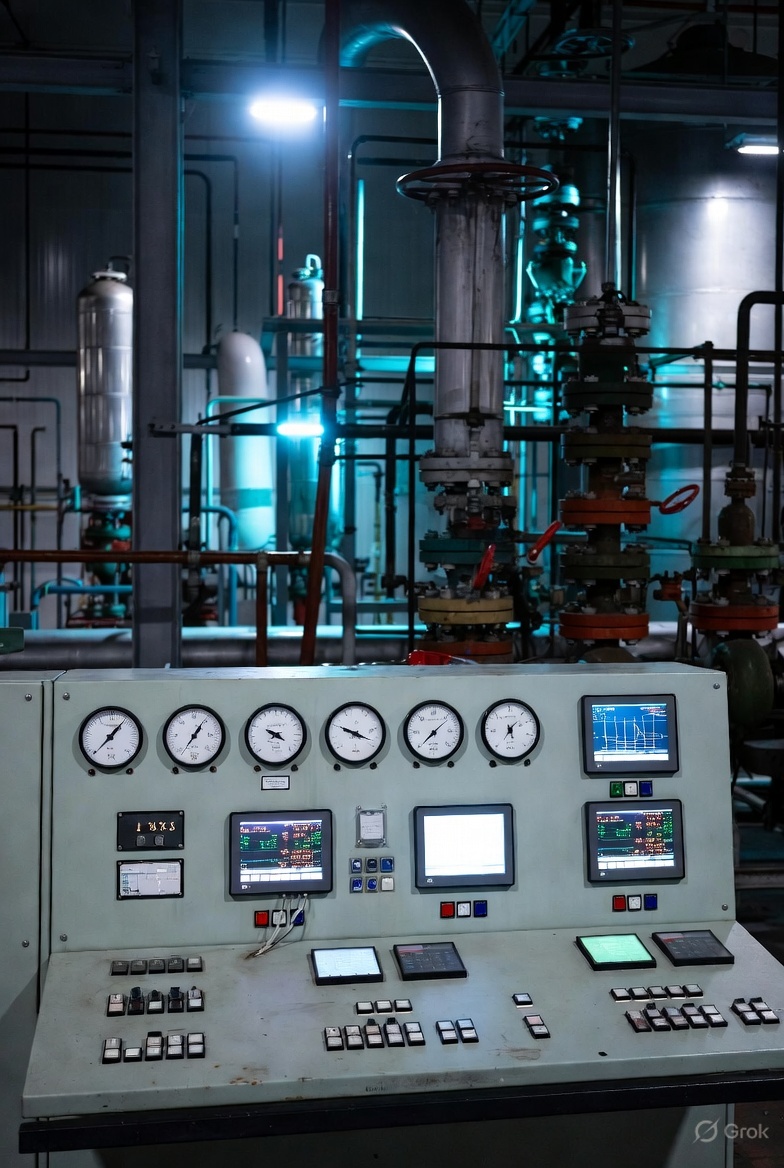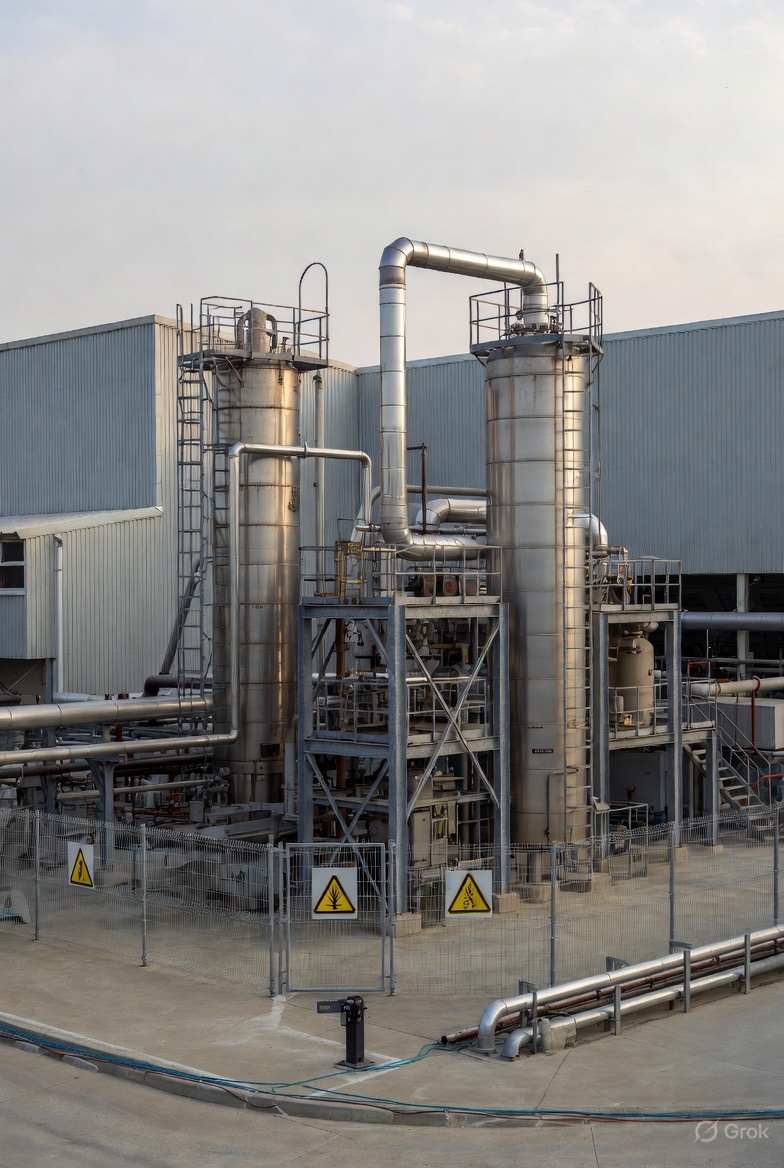In the dynamic and rapidly evolving world of engineering, chemical engineers stand out as pivotal players in driving innovation across numerous industries. As the world accelerates its transition toward sustainable energy, advanced manufacturing, and cutting-edge pharmaceuticals, the demand for skilled chemical engineers is growing exponentially. In 2025, various countries are emerging as hotspots for chemical engineering talent, driven by a blend of industrial growth, technological advancements, and strategic economic initiatives.
This article explores the countries leading the charge in hiring chemical engineers in 2025, detailing the unique factors behind their demand, key industries driving the market, and what makes each region attractive for professionals in this field.
The Global Chemical Engineering Landscape in 2025
Chemical engineering is a versatile discipline that bridges chemistry, physics, biology, and mathematics to design, optimize, and scale industrial processes. The demand for chemical engineers is influenced by sectors such as energy, pharmaceuticals, petrochemicals, food processing, environmental management, and emerging green technologies.
As governments and corporations prioritize sustainability, cleaner energy, and advanced materials, the role of chemical engineers becomes even more critical. Consequently, job markets worldwide are expanding for professionals who can innovate, optimize processes, and deliver efficient and environmentally responsible solutions.
United States: Industrial Backbone and Innovation Leader
The United States remains a dominant force in the chemical engineering employment landscape in 2025. The country’s vast industrial base, coupled with robust research and development infrastructure, continues to drive the need for skilled chemical engineers.
Key Drivers:
Petrochemical and Refinery Operations: The Gulf Coast region stands out as a critical hub for chemical engineering jobs, hosting a dense concentration of refineries and chemical plants.
Infrastructure Development: Upgrades to aging infrastructure and investments in new manufacturing facilities sustain steady job growth.
Aging Workforce: A significant proportion of the current workforce is nearing retirement age, creating openings for new engineers.
Technological Innovation: The rise of biotechnology, advanced materials, and sustainable process engineering propels demand beyond traditional sectors.
Despite the steady hiring, challenges like fluctuating oil prices and geopolitical factors require engineers to stay adaptable and continuously upgrade their skills.
United Arab Emirates: The Rising Beacon for Engineers
In recent years, the United Arab Emirates (UAE) has transformed into one of the most promising destinations for chemical engineers, and this trend is poised to continue in 2025.
Why the UAE?
Economic Diversification: The UAE’s strategic vision focuses on reducing dependency on oil by investing heavily in infrastructure, technology, finance, and manufacturing.
Robust Hiring Activity: More than half of companies in the UAE are actively recruiting chemical engineers, highlighting a vibrant job market.
Tax-Free Salaries and Attractive Packages: The tax-free income and competitive benefits make the UAE particularly appealing for expatriates.
Proximity to Growing Markets: Being a regional hub connects engineers to projects spanning the Middle East, Africa, and South Asia.
The UAE’s commitment to smart cities, sustainable energy, and petrochemical expansion creates abundant opportunities for chemical engineers across specialties.
Canada: A Hub for Biotechnology and Petrochemicals
Canada’s demand for chemical engineers remains strong, supported by a diverse industrial ecosystem and progressive immigration policies that facilitate skilled worker entry.
Canadian Market Highlights:
Biotechnology and Pharmaceuticals: Canada’s pharmaceutical sector is expanding, with multinational giants like Pfizer investing heavily.
Petrochemical Industry: Alberta’s oil sands and downstream chemical production continue to require chemical engineering expertise.
Express Entry Immigration Program: This streamlined system enables faster recruitment of international talent, easing workforce shortages.
Focus on Sustainability: The government’s green initiatives spur demand for engineers specialized in renewable energy and environmentally friendly processes.
Chemical engineers in Canada enjoy high standards of living, access to innovation, and opportunities to work on cutting-edge technologies.
Australia: Mining and Manufacturing Opportunities
Australia continues to offer substantial prospects for chemical engineers, especially within the mining, manufacturing, and scientific services sectors.
Factors Driving Demand:
Resource Extraction and Processing: Australia’s vast mineral wealth requires sophisticated chemical engineering to optimize extraction and refining processes.
Manufacturing Growth: Industrial expansion and adoption of advanced manufacturing techniques open roles in process engineering.
Competitive Compensation: The average salary for chemical engineers in Australia is around $99,979, reflecting market demand.
Quality of Life: Attractive work-life balance and strong community infrastructure make Australia a favored destination for skilled professionals.
The country’s push towards cleaner technologies and sustainable resource management further expands opportunities for chemical engineers.
Germany: Innovation and Sustainability at the Core
Germany’s chemical industry is a pillar of its economy, with companies like BASF leading global innovation. The country continues to prioritize chemical engineering talent to maintain its competitive edge.
Market Insights:
Focus on Process Innovation: German companies invest heavily in improving manufacturing efficiency and product quality.
Sustainability Initiatives: The transition to greener processes demands expertise in waste reduction, recycling, and energy efficiency.
Attractive Salaries: Chemical engineers earn an average of $100,609 annually, reflecting the technical demands and living costs.
Robust R&D Ecosystem: Collaboration between academia and industry fosters continuous innovation and employment opportunities.
Germany’s engineering culture emphasizes precision, quality, and environmental stewardship, aligning well with the evolving role of chemical engineers.
Switzerland: High Salaries in Pharmaceuticals and Biotechnology
Switzerland offers some of the highest remuneration packages for chemical engineers worldwide, driven primarily by its strong pharmaceutical and biotech sectors.
Highlights:
Leading Companies: Pharmaceutical giants like Roche and Novartis dominate the landscape.
Specialized Roles: Positions often require advanced knowledge in bioprocessing, quality assurance, and regulatory compliance.
Salary Prospects: Average salaries reach $152,894, attracting top global talent.
Stable Economy and Quality of Life: Switzerland’s political stability and high standard of living make it an appealing career destination.
The country’s emphasis on precision medicine and personalized therapies continues to fuel demand for specialized chemical engineering skills.
Denmark: A Pioneer in Sustainability and Pharmaceuticals
Denmark’s growing chemical engineering market benefits from its leadership in renewable energy and pharmaceuticals.
Key Points:
Sustainability Focus: Denmark is a global leader in wind energy and sustainable manufacturing.
Pharmaceutical Strength: Companies like Novo Nordisk contribute significantly to job creation.
Competitive Salaries: Chemical engineers in Denmark earn around $102,964 on average.
Innovative Ecosystem: The country fosters innovation through government support and strong industry-academia links.
For chemical engineers passionate about sustainability and cutting-edge pharma, Denmark offers a fertile environment.
United Kingdom: Addressing the Engineering Shortage
The UK is currently facing a shortage of skilled chemical engineers, making it a prime market for talent acquisition.
Drivers of Demand:
Specialty Chemicals and Advanced Manufacturing: Growth in high-value products and specialty chemicals drives job creation.
Skills Gap: A shortage of qualified professionals means employers are actively seeking international talent.
Salary Landscape: Average annual salaries are around $86,966, with competitive benefits.
Investment in R&D: Government and private sector investments in innovation spur demand.
The UK’s dynamic industrial landscape offers numerous opportunities for chemical engineers ready to contribute to next-generation technologies.
Singapore: Strategic Manufacturing Hub
Singapore’s strategic position as a global manufacturing and logistics hub translates into consistent demand for chemical engineers.
Highlights:
Technological Innovation: Focus on advanced manufacturing, semiconductors, and specialty chemicals.
Pro-Business Environment: Government incentives attract multinational companies.
International Connectivity: Access to Southeast Asian markets broadens project scope.
Workforce Development: Ongoing upskilling initiatives support chemical engineers.
Singapore’s role as a gateway to Asia makes it attractive for engineers looking to engage in diverse, high-impact projects.
China and India: Rapid Industrialization and Expanding Markets
Both China and India are witnessing unprecedented industrial growth, creating massive demand for chemical engineers.
China:
Manufacturing Powerhouse: Chemical engineering skills are essential in petrochemicals, materials, and green energy.
Urbanization and Infrastructure: Large-scale projects require process optimization and environmental management.
Emerging Technologies: Investment in electric vehicles, batteries, and pharmaceuticals expands opportunities.
India:
Growing Industrial Hubs: Cities like Mumbai, Bengaluru, and Pune offer vibrant job markets.
Demographic Advantage: A young workforce and government initiatives support engineering growth.
Challenges: Gender imbalance and diversity issues persist, but efforts are underway to create inclusive work environments.
Both countries represent vast opportunities and challenges, requiring chemical engineers to be adaptable and culturally aware.
Conclusion: Navigating the Global Market in 2025
As 2025 unfolds, the demand for chemical engineers is robust and geographically diverse. Countries like the United States, UAE, Canada, Australia, Germany, Switzerland, Denmark, the UK, Singapore, China, and India each offer unique opportunities driven by their industrial focus, economic policies, and innovation priorities.
For chemical engineers aiming to maximize their career prospects, understanding these global trends is essential. Aligning one’s skills with the demands of growing industries—be it sustainable energy, pharmaceuticals, advanced manufacturing, or environmental technology—will open doors to rewarding and impactful roles worldwide.
Whether seeking high salaries, career growth, or involvement in cutting-edge technologies, chemical engineers have an expanding world of possibilities in 2025. Staying informed, adaptable, and continuously upskilling will be the keys to success in this vibrant and vital profession.












